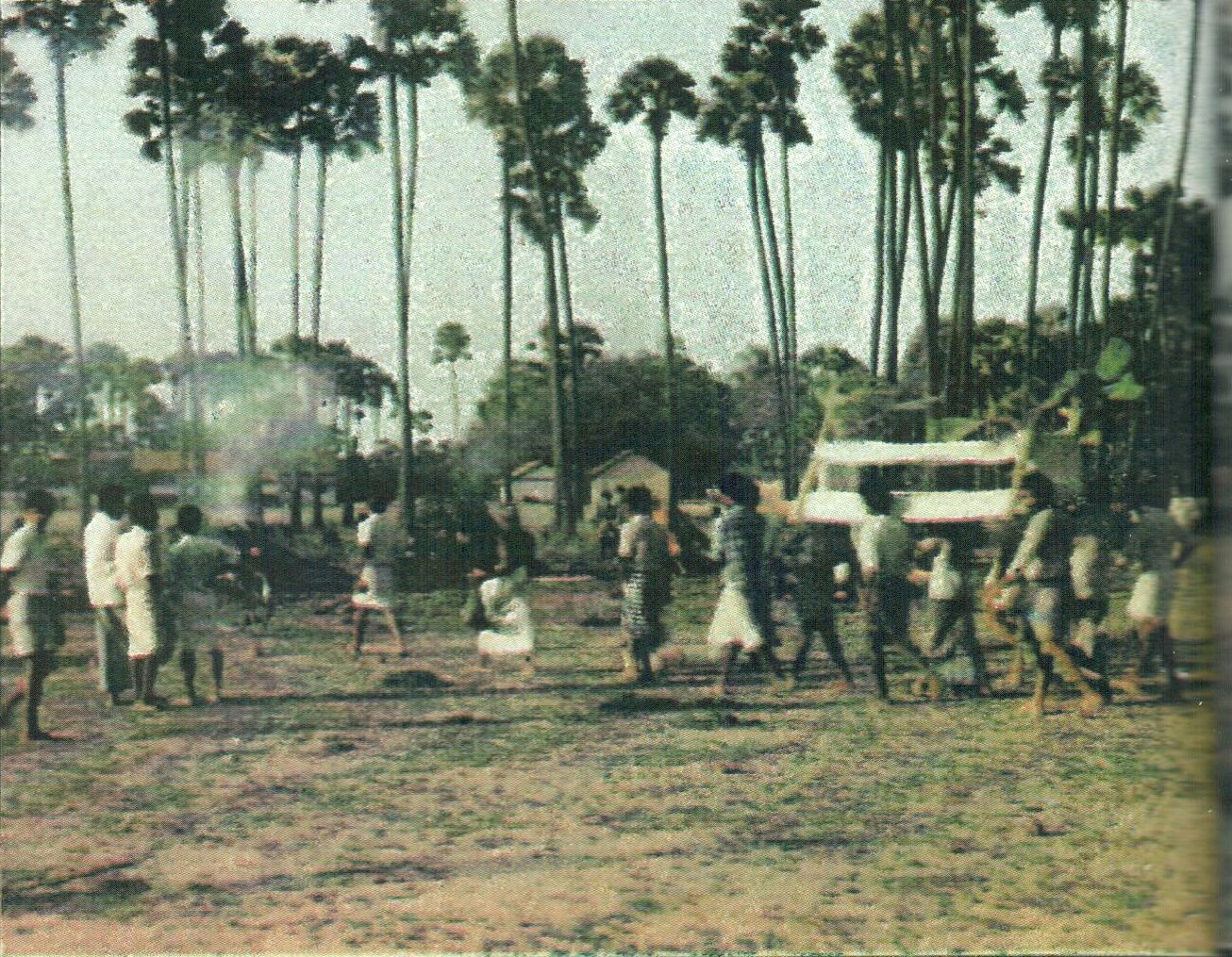-By LeN South Asia Correspondent

(Lanka-e-News - 22.Oct.2025, 8.10 AM) More than three decades after one of the darkest chapters of Sri Lanka’s civil conflict, a Tamil survivor of the 1989 Valvettithurai (VVT) massacre has formally called for an international inquiry into the alleged role of the Indian Peace Keeping Force (IPKF), claiming the incident amounted to a crime against humanity and “a pathway to genocide.”
The survivor, now living in Jaffna, has submitted a petition to the United Nations Human Rights Council and the International Criminal Court, demanding accountability and compensation for the deaths of at least 52 civilians killed during an IPKF operation in Valvettithurai, the hometown of LTTE leader Velupillai Prabhakaran.
“We were told the Indian soldiers came as peacekeepers, not executioners,” the petitioner wrote. “But they turned our village into a graveyard. I lost my father, my brothers, and my future that day.”
Five separate reports, including testimonies from Amnesty International, the University Teachers for Human Rights (Jaffna), and Sri Lankan media archives from 1989, " The International Truth and Justice Project (ITJP) have pointed to the direct involvement of IPKF troops in the killings, reprisals, and arson attacks that followed a deadly LTTE ambush on Indian soldiers in the area.
Human rights experts say the evidence, while fragmented, paints a grim picture of retaliatory violence that could meet the legal threshold for “crimes against humanity.”
Dr. Arasaratnam, a Tamil diaspora legal researcher based in London, told Lankaenews
“If command responsibility can be established—if it can be shown that Indian officers ordered or condoned collective punishment—then those individuals, even senior commanders, could face legal action under international law.”
The Indian Peace Keeping Force was deployed to Sri Lanka in July 1987 under the Indo-Lanka Accord signed by then–Prime Minister Rajiv Gandhi and President J.R. Jayewardene. The mission’s stated purpose was to enforce peace between the Sri Lankan government and the Liberation Tigers of Tamil Eelam (LTTE).
However, the peacekeeping mission soon devolved into open warfare between Indian troops and the LTTE, leading to widespread civilian casualties and accusations of heavy-handed tactics.
The Valvettithurai incident became emblematic of the IPKF’s controversial legacy — where the line between peacekeeping and counterinsurgency blurred beyond recognition.
The survivor’s petition argues that the massacre was not an isolated act of military excess but part of a systematic pattern of collective reprisals targeting Tamil civilians in the north and east of Sri Lanka during IPKF operations from 1987 to 1990.
Legal experts note that, under the Rome Statute, individuals—not states—can be prosecuted for crimes against humanity, regardless of where the acts occurred. If sufficient evidence emerges, former IPKF commanders could, in theory, face charges before the International Criminal Court or under the principle of universal jurisdiction.
Yet such an outcome remains politically fraught. India is not a signatory to the Rome Statute and has consistently rejected external scrutiny of its military actions abroad.
“This is not merely about compensation,” said the petitioner. “It’s about truth and recognition. If the victims of 1989 remain forgotten, then peace in Sri Lanka will always rest on bones, not justice.”
Calls for renewed attention to the VVT massacre have grown louder in recent months as Sri Lanka’s new government signals openness to revisiting wartime abuses—whether committed by local or foreign forces.
Human rights organizations argue that India’s role during the late 1980s cannot be excluded from any comprehensive process of transitional justice.
For the survivor from Valvettithurai, now in his late fifties, the wait for acknowledgment has been a lifetime.
“I don’t hate the Indian people,” he said softly. “But I want their government to admit what happened. I want them to say sorry for what they did in my village. That’s all.”
-By LeN South Asia Correspondent
---------------------------
by (2025-10-22 02:39:19)
Leave a Reply